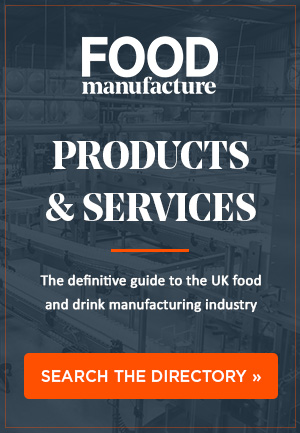Collaborate to promote healthier eating in face of HFSS legislation

Speaking at the University of Southampton’s Supporting Effective Implementation of UK HFSS Regulations webinar, Food Foundation’s Chloe Mackean highlighted the need for collaboration between manufacturers, retailers, public health authorities and academia in order to promote healthier eating.
Her comments come ahead of new Government legislation due to launch in October 2022 that will restrict the placement of ‘less healthy products’ in prominent store locations such as the end of aisles, checkouts and store entrances.
The removal of promotions on HFSS foods coincided with a growing trend among consumers making food choices based on their health benefits, explained Mackean.
Health over the environment
In fact, consumers were more likely to choose a food for its health credentials over its impact on the environment, and area that many manufacturers have been conscientious in the wake of COP26.
“Health is still the first reason why people will put something into their basket. Environmental indicators are becoming more and more important for young people,” she added.
Consumers are looking to manufacturers to help support their healthier lifestyles and want producers and retailers to make the change to their baskets as easy, accessible and affordable as possible, according to research by the Future Food Foundation.
The role of businesses
“Seventy one percent of UK consumers said food, nutrition and health is very important to them,” Mackean continued. “There is also this acknowledgement in the UK of the role that businesses have in terms of helping people live healthier lives and that companies should be taxed heavily. 57% believe that if they continue to produce or promote unhealthy choices.”
She also noted that the HFSS legislation was a clear indicator of which food are and are not healthy, a system that is not in place in any other country. For this reason, it was also hard to judge the effectiveness of such a move, since no other examples exist in other countries.
“I don’t think HFSS is a silver bullet or we’re going to see everything change overnight – it is part of a wider solution or menu of options,” Mackean concluded.
“But it is happening and it is coming and we really have to welcome it an see how we can get those [obesity] rates to start to decrease in the UK.”
Meanwhile, the Government has delayed restrictions on volume promotions for HFSS foods until next year.

















